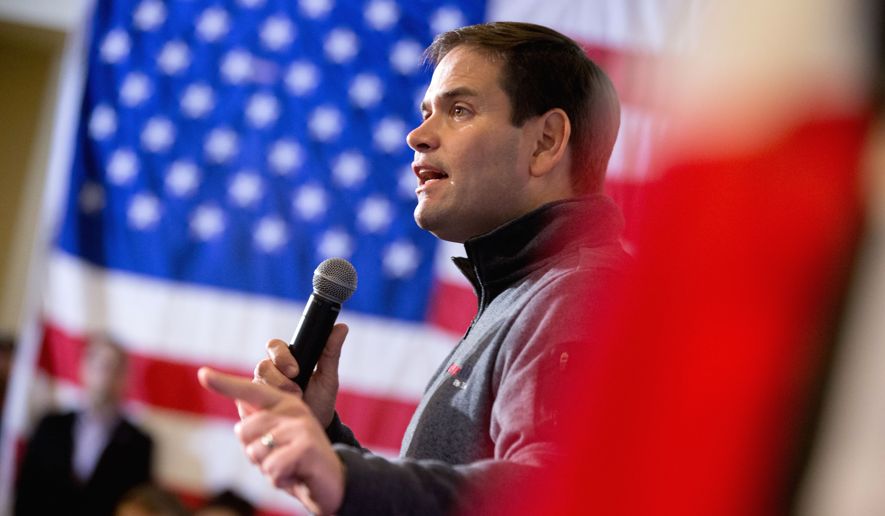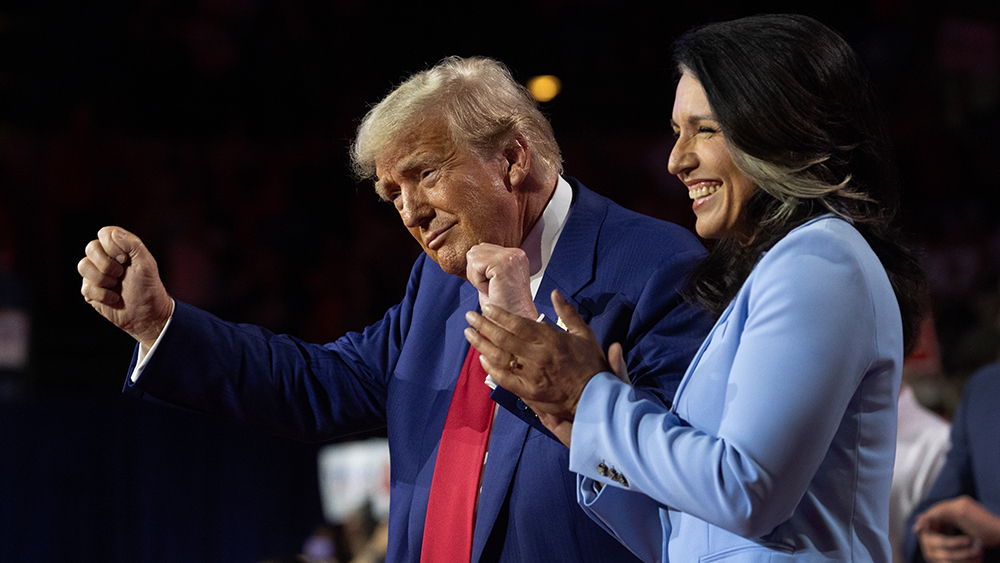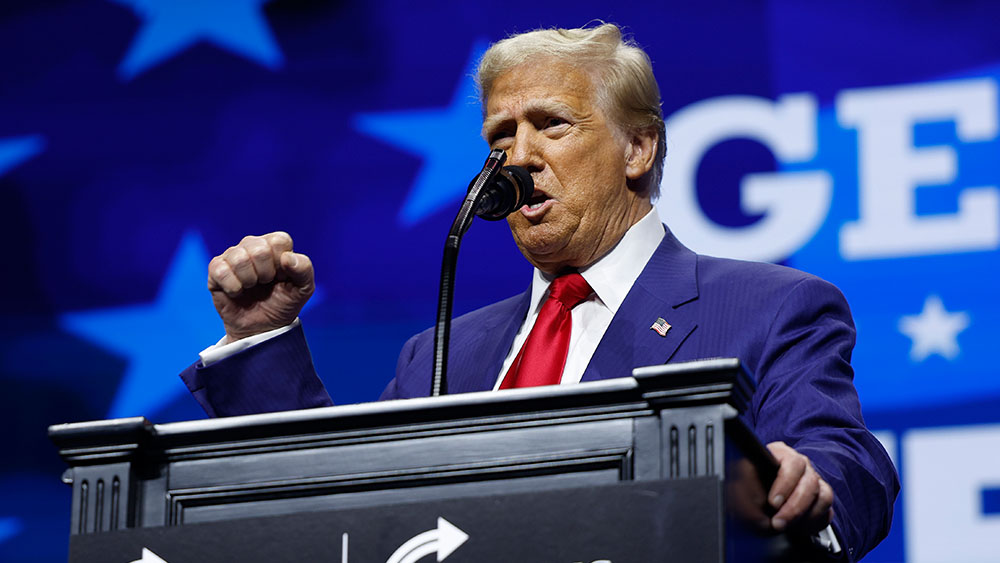 Parler
Parler Gab
Gab
- U.S. Secretary of State Marco Rubio defended Vice President JD Vance's speech at the Munich Security Conference, which criticized Europe's increasing trend towards censorship.
- Host Margaret Brennan of "Face the Nation" suggested that free speech had been "weaponized" by the Nazi regime, leading to the Holocaust, to which Rubio strongly disagreed, clarifying that the Nazi regime systematically suppressed free speech.
- Vance's speech drew criticism for potentially souring relations with key allies, but Rubio argued that democracies should not be angered by free speech and open dialogue.
- The historical context of Nazi Germany was discussed, with Rubio emphasizing that the regime was authoritarian and genocidal, not a champion of free speech.
- The debate highlights the importance of free speech in modern democracies, serving as a safeguard against authoritarianism and a reminder of the dangers of government control over speech.
Historical context: The myth of free speech in Nazi Germany
The debate escalated when Brennan invoked Germany’s dark history, asserting, “He was standing in a country where free speech was weaponized to conduct a genocide.” This claim, however, was met with immediate and forceful rebuttal from Rubio. “No, I have to disagree with you. Free speech was not used to conduct a genocide,” Rubio firmly stated. “The genocide was conducted by an authoritarian Nazi regime that happened to also be genocidal because they hated Jews and they hated minorities and they had a list of people they hated, but primarily the Jews.” Rubio’s correction of the historical record is crucial. The Nazi regime, far from being a champion of free speech, systematically suppressed opposition and dissent. The Reichstag Fire Decree of 1933, for example, suspended civil liberties and allowed for the arrest of anyone deemed a threat to the state. The Enabling Act of 1933 further consolidated power in the hands of the Nazi party, effectively ending any semblance of democratic governance or free speech.The modern implications of free speech
Rubio’s defense of free speech is not just a historical clarification; it carries significant relevance in today’s political climate. As democracies around the world grapple with issues of censorship, surveillance and the balance between security and individual liberties, the lessons from the past are more pertinent than ever. Vice President JD Vance, in his speech at the Munich Security Conference, highlighted the dangers of government control over speech, drawing parallels to the Soviet Union’s methods. "The threat from within, rather than Russia or China, poses the greatest danger to the security of the West," Vance argued. His remarks, while controversial, underscore the belief that a robust and vibrant free press and open discourse are essential safeguards against authoritarianism. The exchange between Rubio and Brennan has sparked a broader discussion about the role of free speech in modern democracies. Vance, responding to the debate, tweeted, “This is a crazy exchange. Does the media really think the Holocaust was caused by free speech?” White House communication director Steven Cheung also weighed in, criticizing Brennan for making "disgusting excuses for Nazis and the Holocaust."Conclusion: The imperative of free speech
The debate on CBS’s "Face the Nation" serves as a stark reminder of the ongoing importance of free speech in democratic societies. While the historical context of Nazi Germany is often invoked to caution against the dangers of unfettered expression, it is crucial to understand that the Holocaust was the result of an authoritarian regime, not the product of free and open discourse. As Secretary of State Marco Rubio aptly put it, “There was no free speech in Nazi Germany. There was none. There was also no opposition in Nazi Germany. They were the sole and only party that governed that country. So that's not an accurate reflection of history.” In defending free speech, Rubio and Vance are advocating for the principles that underpin democratic values and serve as a bulwark against the rise of authoritarianism. Source include: ReclaimTheNet.org FoxNews.com NYPost.comTulsi Gabbard warns: Weaponized government poses existential threat to democracy
By Willow Tohi // Share
Government waste exposed: Musk’s accountability push sparks chaos in federal bureaucracy
By Willow Tohi // Share
Kash Patel’s book reveals Deep State threat to American democracy
By Arsenio Toledo // Share
“Battlefield America”: How the U.S. quietly became a POLICE STATE
By Arsenio Toledo // Share
Governments continue to obscure COVID-19 vaccine data amid rising concerns over excess deaths
By patricklewis // Share
Tech giant Microsoft backs EXTINCTION with its support of carbon capture programs
By ramontomeydw // Share
Germany to resume arms exports to Israel despite repeated ceasefire violations
By isabelle // Share










